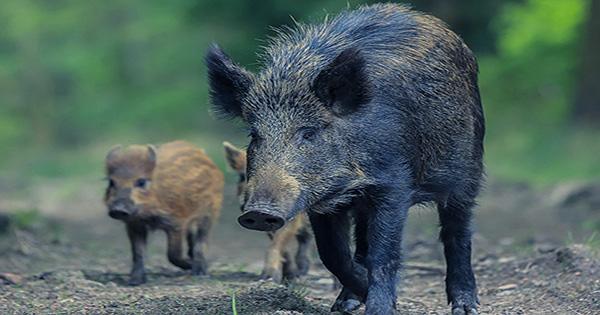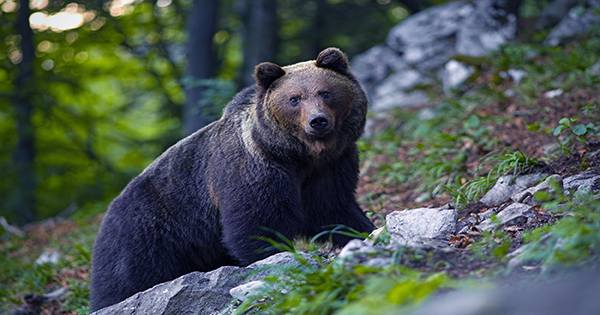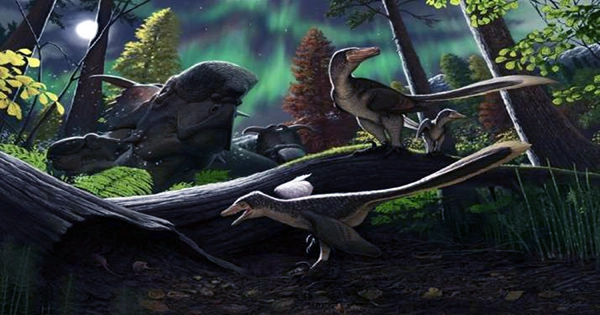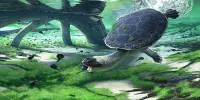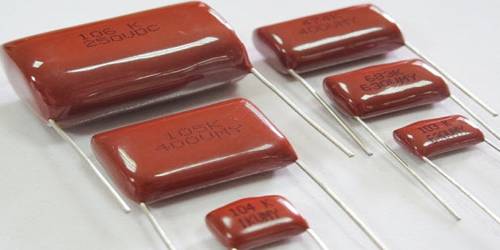In the absence of humans, wild pigs have occupied the abandoned radioactive territory of Fukushima in the absence of humans, according to a new study published in the Proceedings B Journal.
The Fukushima Daiichi nuclear power plant off the Pacific coast of Japan has been hit by a devastating earthquake and subsequent tsunami. In the midst of this destruction, the power plant faced three nuclear recessions, three hydrogen explosions, and the release of radioactive material into the local environment and beyond.
At least 2,313 people lost their lives, and more than a million people were forced to evacuate their homes, most of who did not return. During the immense tragedy, large areas of Fukushima were well off for the wildlife of the human displacement area, which is now free to graze and hunt wherever they please without hunting, noisy vehicles and other human hassles.
Scientists at Fukushima University and Yamagata University have recently studied the genetics of wild boar that is rich in post-disaster litter and discovered some interesting insights. “The Japanese government estimates that the pig population has increased from 49,000 to 62,000 boars between 2014 and 2018. We do not have an estimate for 2020-2021 from our prefecture website. But we expect the number to be higher than that,” Dukovan Anderson, lead study author at Fukushima University, told IFLScience.
In their research reports this week, genetic data clearly show that domestic pigs (Sus Scrofa domestic) that ran away from the farm after the wild boar (Sus Scrofa leucomastax) disaster have bred extensively, filling the environment with wild boar pigs. However, it seems that domestic legacy has gradually “mixed” with the passage of time. Fortunately, as other studies have indicated, radiation from nuclear disasters has had no detrimental effect on pig genetics.
“Wild boars have adapted to the abandoned landscape of humans,” Anderson told IFLScience. “They think cars are too much and sometimes people aren’t afraid to go near and that’s why we can capture photos so easily.
